Content Ideation
What is Content Ideation?
Content ideation is the process of generating ideas for content creation. It involves brainstorming and developing topics, themes, and concepts that align with your audience's interests and your content strategy. Content ideation is a critical step in the content creation process, ensuring that your content is relevant, engaging, and valuable to your audience.
Why is Content Ideation Important?
Content ideation is important because it helps maintain a steady flow of fresh, relevant content. Regularly generating new ideas prevents content fatigue and keeps your audience engaged. Effective content ideation ensures that your content addresses the needs, questions, and interests of your audience, enhancing engagement and driving traffic.
A structured ideation process also helps in aligning your content with your overall marketing goals, such as increasing brand awareness, driving conversions, or establishing thought leadership. By consistently coming up with new content ideas, you can stay ahead of trends, address emerging topics, and maintain a competitive edge.
Best Practices for Content Ideation
1. Understand Your Audience
Conduct thorough research to understand your audience's needs, preferences, and pain points. Use tools like surveys, social media insights, and analytics to gather data. Knowing your audience ensures that your content ideas are relevant and engaging.
2. Brainstorm Regularly
Schedule regular brainstorming sessions with your team to generate new content ideas. Encourage creative thinking and open discussion. Use techniques like mind mapping, free writing, and group collaboration to spark creativity.
3. Analyze Competitor Content
Examine the content strategies of your competitors to identify popular topics and gaps. Analyze what works well for them and think about how you can improve or offer a unique perspective. Competitive analysis can provide valuable inspiration.
4. Use SEO Tools
Leverage SEO tools like Google Keyword Planner, Ahrefs, and SEMrush to identify trending keywords and topics. Look for keywords with high search volume and low competition. SEO insights help generate ideas that are likely to attract organic traffic.
5. Monitor Industry Trends
Stay updated on the latest industry trends, news, and developments. Follow industry blogs, forums, and social media channels to identify emerging topics. Incorporating trending topics into your content strategy keeps it relevant and timely.
6. Repurpose Existing Content
Review your existing content to find opportunities for repurposing. Turn popular blog posts into videos, infographics, or podcasts. Repurposing allows you to reach new audiences and extend the lifespan of your content.
7. Engage with Your Audience
Interact with your audience through comments, social media, and email. Ask for feedback and suggestions on topics they want to see covered. Direct engagement provides firsthand insights into audience interests and preferences.
8. Use Content Ideation Tools
Utilize content ideation tools like BuzzSumo, AnswerThePublic, and HubSpot's Blog Ideas Generator to discover popular topics and content ideas. These tools can provide data-driven insights and inspiration for your content strategy.
9. Create Content Pillars
Develop content pillars, which are broad themes or topics that are central to your content strategy. Generate subtopics and related ideas around these pillars. Content pillars ensure that your content is cohesive and aligned with your brand message.
10. Evaluate and Prioritize Ideas
Once you have a list of content ideas, evaluate and prioritize them based on relevance, audience interest, and alignment with your goals. Consider factors like potential impact, resource availability, and content gaps. Prioritizing helps you focus on the most valuable ideas.
By following these best practices, you can effectively generate and refine content ideas that resonate with your audience, support your marketing goals, and enhance your overall content strategy.
For more terms, return to the content marketing glossary and freelance writing glossary.

